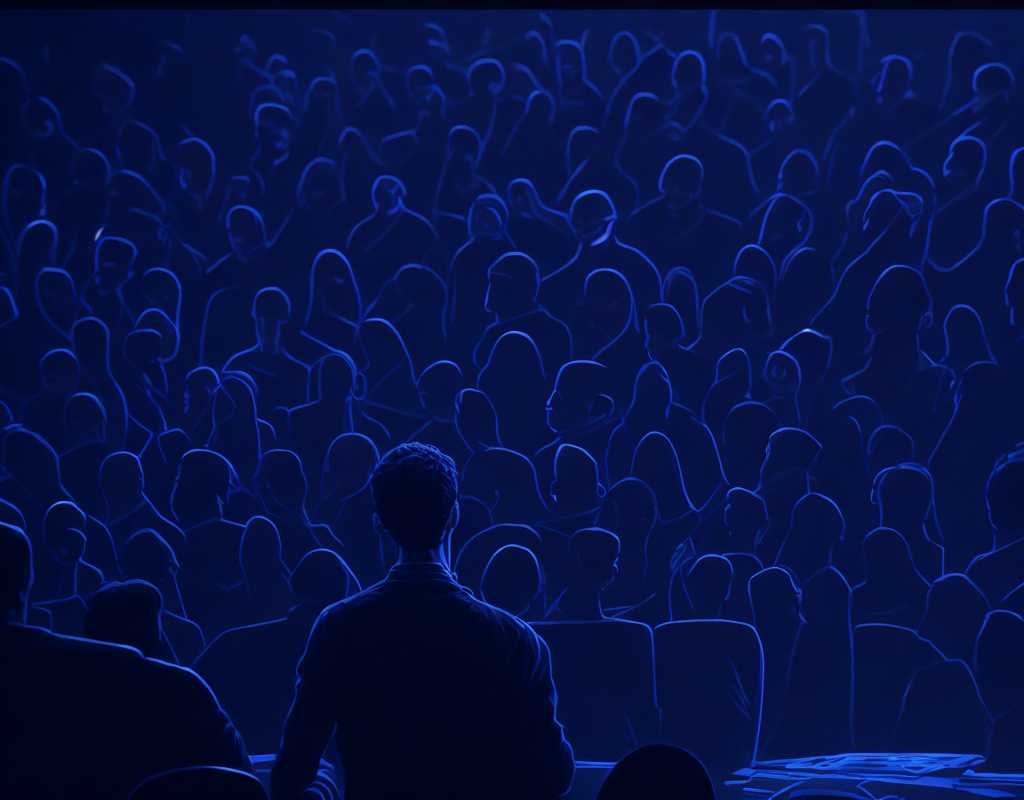
Mark Zuckerberg Criticizes Secretive AI Development Practices

In a recent discussion, Mark Zuckerberg, CEO of Meta Platforms Inc., shared his concerns about the trend of competitors keeping their AI technologies hidden from the public. Zuckerberg believes these companies, by not sharing their advancements, are attempting to “create God” through their secretive practices.
As AI technology continues its rapid development with increased corporate investments, many entities prefer to develop proprietary, closed-source AI technologies. This means they do not make the details of their technology—such as code and algorithms—publicly accessible.
Zuckerberg has voiced his disapproval of this practice, highlighting that it stifles industry growth and poses several risks. “The challenge with closed-source AI is that it’s hard to know what’s going on inside,” he remarked. Issues such as the system’s objectives, limitations, and potential biases are obscured, according to Zuckerberg.
He advocated strongly for open-source AI development, stressing it as crucial for maintaining transparency, accountability, and ethical standards within AI utilization. “Open-source AI allows for a broader community to examine and audit the code ensuring it functions as intended,” Zuckerberg explained.
These statements are significant considering Meta’s own path in AI development. The company not only invests in AI but made their research software, PyTorch, open-source in 2021 to foster greater innovation and collaboration in the AI community.
Nevertheless, the practice of keeping AI advancements closed-source is defended by some who argue that it prevents misuse of the technology and protects intellectual property. Despite these opposing viewpoints, Zuckerberg maintains his stance that the future should lean towards open-source development to ensure AI technologies remain transparent, accountable, and ethically utilized.
Zuckerberg’s comments underscore an ongoing debate in the tech world about the merits and risks of closed versus open-source AI development. While some see proprietary development as necessary for security and proprietary protection, others advocate for a more open approach to ensure ethical practices in the burgeoning field of AI. This discourse is set to continue as AI technology evolves, shaping the future landscape of the industry.